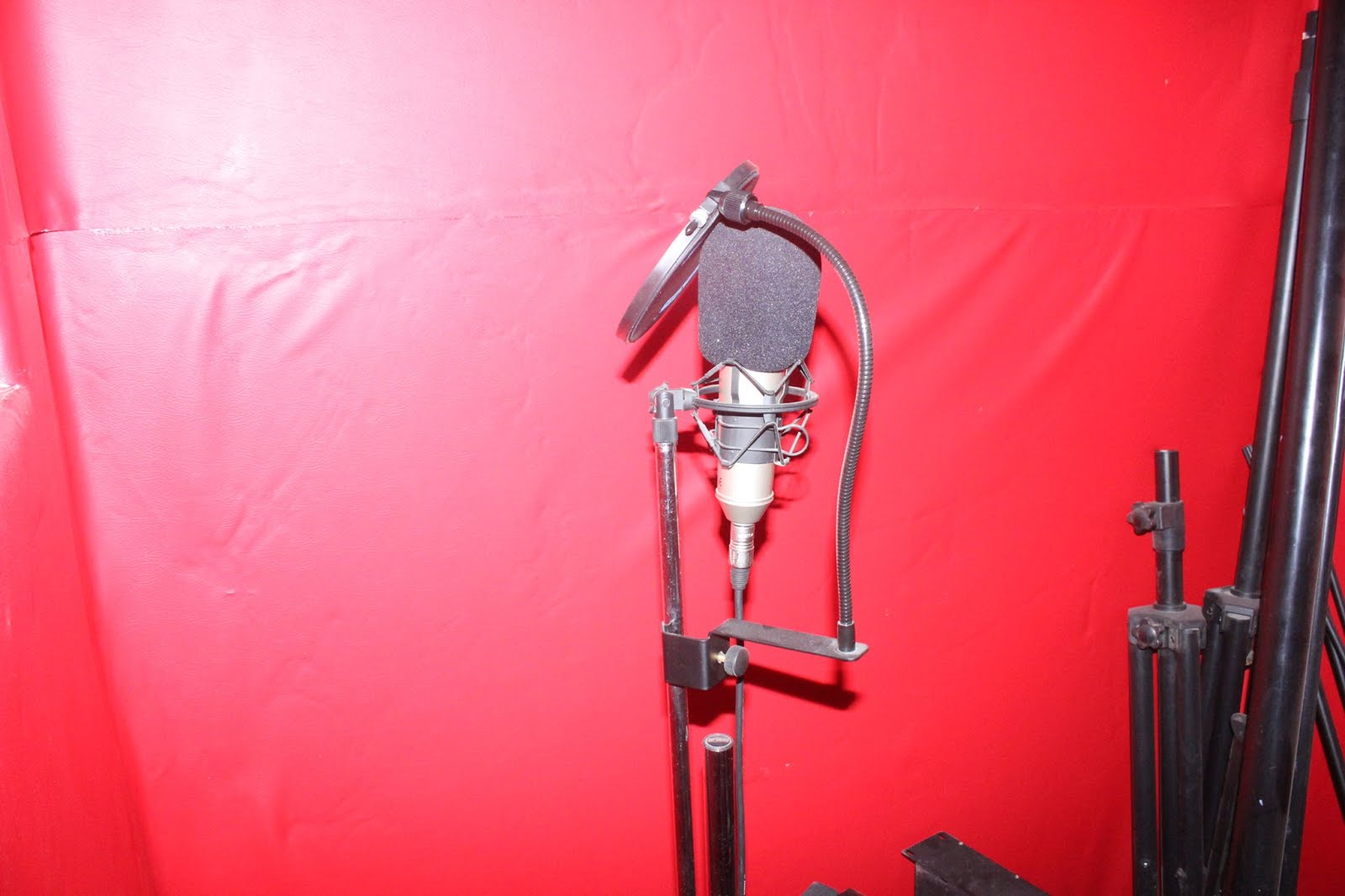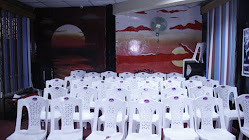Eastleighwood, the dream factory of the Somali diaspora

EFE - Nairobi
11/11/2016
- 14: 32h
When "Eye in the
sky" was filmed two years ago, a US blockbuster on a drone attack against
a jihadist cell that was developing in a neighborhood of the Kenyan capital, no
one knocked on the doors of Eastleighwood, the Mecca of Somali cinema.
"They recorded in
South Africa, and I wonder why not here, they are Hollywood and we
Eastleighwood, they should collaborate with us," laments Burhan Iman,
director of this organization based in the heart of the Somali neighborhood of
Nairobi, Eastleigh.
In the movie screens
of this area, the Somalis have stopped appearing as terrorists, pirates or
criminals, thanks to the productions with which Iman and a team of young people
try to change the image of a people harassed by war, poverty and extremism
"Mistaken",
the first feature film by Eastleighwood, is a thriller about a kidnapped Somali
who has already successfully screened on the screens of the neighborhood, in
Somalia and even in London and Berlin.
The magic is cooked in
humble offices where there is barely room for a small recording studio, some
wooden planks and a dozen plastic chairs.
A great camel,
laureate like the lion of the Metro Goldwyn Mayer, smiles at the students who
pass through there to learn to write scripts, handle cameras, interpret and try
to change the life that Eastleigh offers them.
The "little
Mogadishu", as this neighborhood is known in allusion to the capital of
Somalia, is one of the most dangerous and forgotten by the Kenyan authorities,
who only walk these streets to conduct police raids.
In 2014, following a
wave of attacks by the Somali jihadist group Al Shabab in Nairobi and northern
Kenya, the police arrested hundreds of people in this neighborhood for alleged
terrorist links. Some never returned.
"Since the attack
on the Westgate shopping center and that of the city of Garissa, many people
have disappeared, we do not know where they are," explains Iman the
director of Eastleighwood, determined to reclaim the legacy of his people.
"It is very
difficult to live in Kenya, the police harass us, society does not appreciate
our contribution, we are marginalized".
On the streets of
Eastleigh the garbage is piled up by the meter, the neighbors survive without
sewage or running water, street vendors and merchants fight for an inch of
space in one of the biggest markets in East Africa.
"We Somalis are
very enterprising, before going to school we will do business," says Iman.
He mentions an elderly
woman who travels to China and Dubai to buy containers and employs 30 people,
unable to read or write. But lack of education does not usually work well
in Eastleigh.
"In a room of
four square meters, 10 people live in shifts: five during the day and five at
night, many young people live like this, they have no work or education and
they will become criminals," the filmmaker predicts.
70% of Eastleigh's
young people are unemployed, so they often end up in criminal gangs or doing
jihad in Somalia in the ranks of Al Shabab. Eastleighwood was born to
avoid it.
"We try to give
them a vocational education: photography, journalism, cinema ... So they can
look for a job and we feed their talent", he emphasizes.
In the last five
years, more than 2,300 people have received this type of training in this NGO
dedicated to audiovisual production and training, which in 70% of cases has
allowed them to find work.
Some, like Rahma
Mohamed Ileye, have made their first steps in the interpretation, in his case
in "Arawelo", which rescues the legend of a Somali queen in a
historical drama, one of the favorite themes of the producers along with the
love stories or the Somali culture.
This 20-year-old loves to act to live other
lives, but not only because of that: "I have a Greek friend who does not
want to come to Eastleigh, she thinks that if she comes they will kill her. I
want to teach them that it's not true. "
Subscribe to:
Post Comments
(
Atom
)

















No comments :
Post a Comment